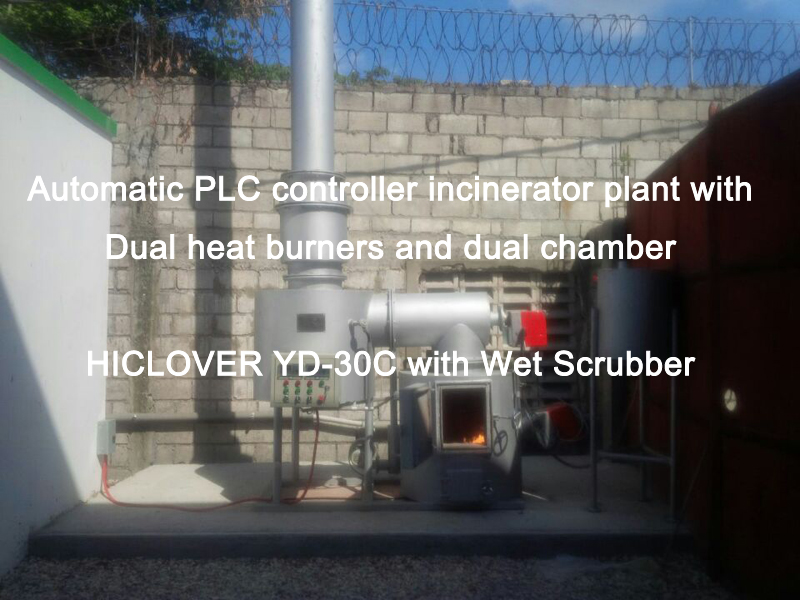Household waste is a growing concern in today’s society, with landfills reaching capacity and environmental damage becoming increasingly apparent. One simple and effective way to reduce household waste is through domestic composting.
Composting is the process of decomposing organic material, such as food scraps and yard waste, into nutrient-rich soil. This process not only reduces the amount of waste sent to landfills, but also creates a valuable resource for gardens, lawns, and potted plants.
Aside from the environmental benefits, domestic composting also has the potential to save money on fertilizer and soil amendments, and can greatly reduce the carbon footprint of a household. With a few simple steps, anyone can start composting at home.
The first step in domestic composting is choosing a suitable location for the compost pile or bin. This can be a backyard, balcony, or even a small indoor composting bin. The key is to find a spot that is easily accessible and has good air circulation.
Next, decide what will go into the compost. Fruit and vegetable scraps, eggshells, coffee grounds, yard clippings, and some types of paper products can all be composted. It’s important to avoid meat, dairy, and oily foods, as these can attract pests and slow down the decomposition process.
Once the materials are collected, they can be added to the compost pile in layers. It’s important to understand the balance between carbon-rich (brown) and nitrogen-rich (green) materials in the compost. Brown materials include dry leaves, straw, and shredded paper, while green materials include fruit and vegetable scraps, grass clippings, and coffee grounds.
Regular turning of the compost pile or bin is essential to aerate the materials and promote decomposition. This can be done with a gardening fork or by rotating the composting bin. Adding water as needed can also help maintain the right moisture level for decomposition.
Over time, the organic materials will break down and turn into nutrient-rich compost that can be used to improve soil quality and promote healthy plant growth. This finished compost can be used in gardens, flower beds, and potted plants, reducing the need for chemical fertilizers and pesticides.
In conclusion, domestic composting is a simple and effective way to reduce household waste and create a valuable resource for gardening. By implementing composting practices, households can significantly reduce their environmental impact and create a more sustainable living environment. With a little effort and dedication, anyone can harness the power of domestic composting and make a positive impact on the planet.



